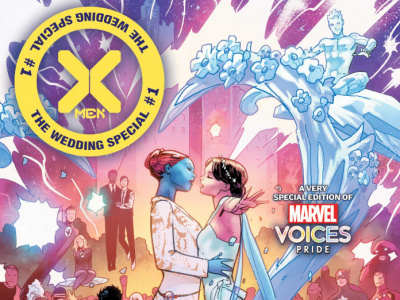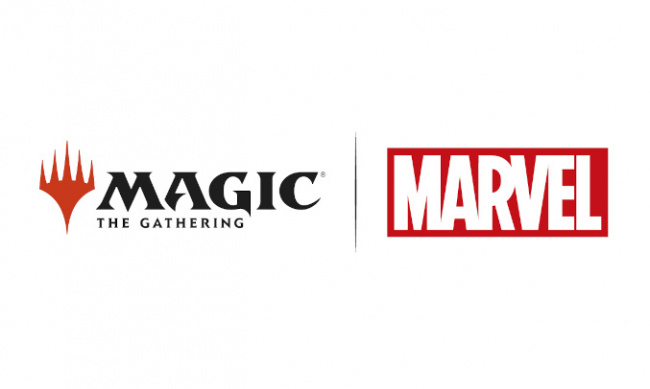In a conference call with the comic press today, Marvel President Bill Jemas announced that Marvel would be pulling out of the CMAA, and would no longer be submitting its books for Comics Code approval. In his opening statement Jemas proclaimed, 'Marvel's decided that we are going to go ahead and institute new content guidelines and a parental advisory system for our comic books. Let me start by saying that most Marvel comic books will continue to be suitable for readers of all ages, but we have been expanding and diversifying the line, and in the future, books that are specifically targeted for teens and adults will be labeled accordingly.' Rumors about Marvel leaving the CMAA have abounded during the past two weeks (see 'Marvel Considers the Comics Code'), especially after Marvel announced that X-Force #116 would be published without the Code's Seal of Approval (see 'X-Force #116 To Be Non-Code').
Marvel plans on adopting a 3-tiered rating system that in several important ways is the opposite of the current system, in which books suitable for all ages carry the Comics Code seal and others do not. Under Marvel's new plan, which will be in place by the end of the summer, books suitable for all ages will not carry a label at all, while books aimed at teens would carry a 'parental advisory,' which may or may not indicate whether the advisory pertains to graphic violence, sex, or language. The third level, which will be designated as 'mature audience' would presumably be placed on the covers of Marvel's 'mature' line, which will debut in September. Although there may be exceptions for special projects or mini-series, in general each title will remain in the ratings category to which it will be assigned by its editors. Editor-in-chief Joe Quesada stated that the Marvel ratings system will not change the content of the books, and that Marvel's internal editors are more than up to the challenge of creating consistent practices that will be enforced to segregate the three different classes of comics.
What about the rest of the industry if Marvel goes it alone? Quesada indicated that Marvel would be willing to share its ratings systems and practices with other publishers, but Jemas noted that even if the rest of the industry moved to a tiered rating system, Marvel will no longer submit its 'creative work to a third party to stamp it. That's not consistent with the way we want to approach the creative process.' This categorical statement indicates that the days of a single rating standard for the comic industry are over.
Jemas stated that he thought the Comics Code had held back the development of American comic publishing, ' You wouldn't go to any other country in the world and say that a comic book is a kids' thing, anymore than you would say a magazine is a kids' thing...the basic premise of the Code is that if it's in comic book trim, it's for kids, and that's utter nonsense.'
Rather than seeing the Comics Code as the 'savior' of the comics industry during the 1950s, Jemas speculates, 'Philosophically, it would have been very interesting to see what would have happened to comics in this country, had there been no code at all.' When advised of Jemas' comments a source from another major comic publisher said that he wished that Jemas had spent a little more time studying the history of the comics industry during the 1950s.
Reactions from some of the other members of the CMAA, which included Archie, DC, and Dark Horse as well as Marvel, have tended to be critical of Marvel for pulling out of the CMAA just as the organization was about to revise the code once again (it was previously changed in 1971 and again in 1989). A spokesperson for the CMAA reiterated to ICv2 the problems with each company enforcing their own version of the code, 'What if Miramax had one set of ratings and Universal another, do you think that would fly with the public and the politicians?'
A spokesman for Dark Horse Comics noted that the only reason Dark Horse has submitted its books for code approval was to get them on the newsstand. 'Our direct market books don't carry the seal, but until we got CMAA approval we couldn't get our books on the newsstand. We tried with our Star Wars titles. We explained that each Star Wars book had to be approved by Lucasfilm, and that they went over everything with a fine tooth comb and would never approve anything that wouldn't also pass muster with the Comics Code Authority, but we still couldn't get our books on the newsstands until they had the CMAA stamp. I think Marvel is going to have a tough time getting their books on the newsstands, but maybe they're just blowing that part of the business off.' (Marvel's newsstand sales are only a small portion of their publishing business, see 'Marvel Direct Sales Over 90% of Single Copy Sales').







